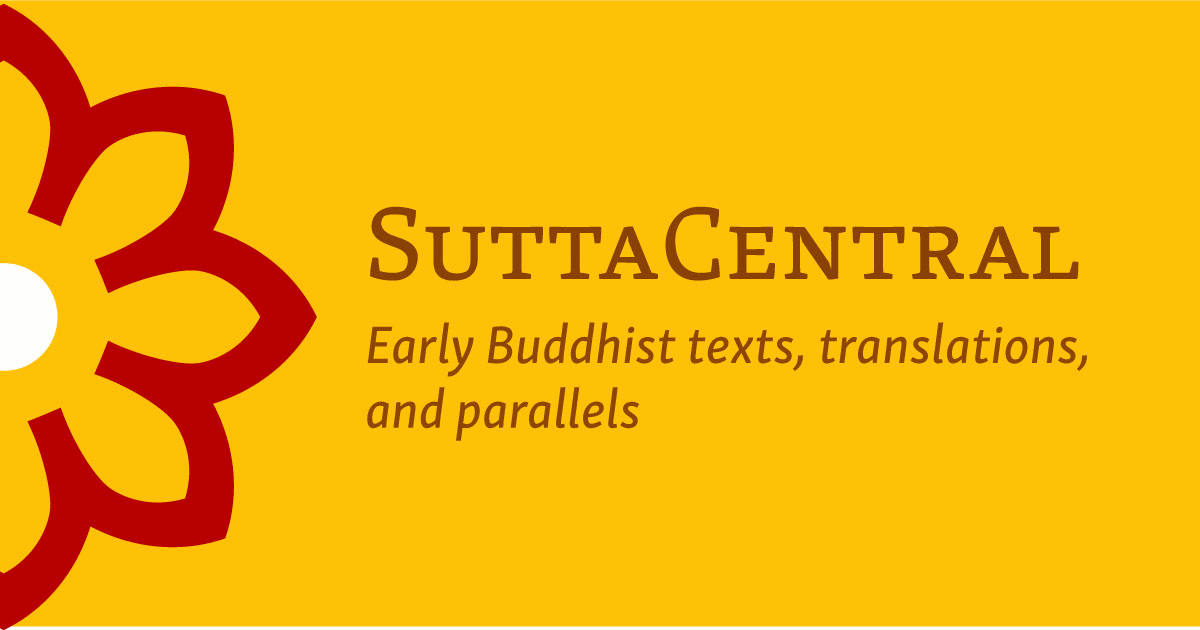Hi Vanbui
That is a good question! Thank you for asking.
Zen, and Buddhism as a whole, does not see things as fated. Life unfolds as a result of our individual and collective decisions and it is within our power to influence that.
However, our actions are influenced by conditioning which comes from the environment we grew up in, our genetics and our previous choices and actions (karma). So, it is not like our actions are completely free of influence and I am sure you are aware that humans quickly develop habitual patterns which can be hard to break. That is not the same as fate though.
I think that the problem with seeing events as fated is that you can avoid taking individual responsibility for what is happening. This is certainly not the Buddhist way. We may not be in complete control of our lives and are at the mercy of external circumstances and events to some degree. However, we can always choose how we respond.
The fact that life is open to our choices means that the precepts matter and our actions matter. One act of kindness and compassion can change how things are, as can one act of cruelty.
Gassho
Kokuu
-sattoday/lah-
That is a good question! Thank you for asking.
Zen, and Buddhism as a whole, does not see things as fated. Life unfolds as a result of our individual and collective decisions and it is within our power to influence that.
However, our actions are influenced by conditioning which comes from the environment we grew up in, our genetics and our previous choices and actions (karma). So, it is not like our actions are completely free of influence and I am sure you are aware that humans quickly develop habitual patterns which can be hard to break. That is not the same as fate though.
I think that the problem with seeing events as fated is that you can avoid taking individual responsibility for what is happening. This is certainly not the Buddhist way. We may not be in complete control of our lives and are at the mercy of external circumstances and events to some degree. However, we can always choose how we respond.
The fact that life is open to our choices means that the precepts matter and our actions matter. One act of kindness and compassion can change how things are, as can one act of cruelty.
Gassho
Kokuu
-sattoday/lah-

Gassho
Washin
st-lah





Comment